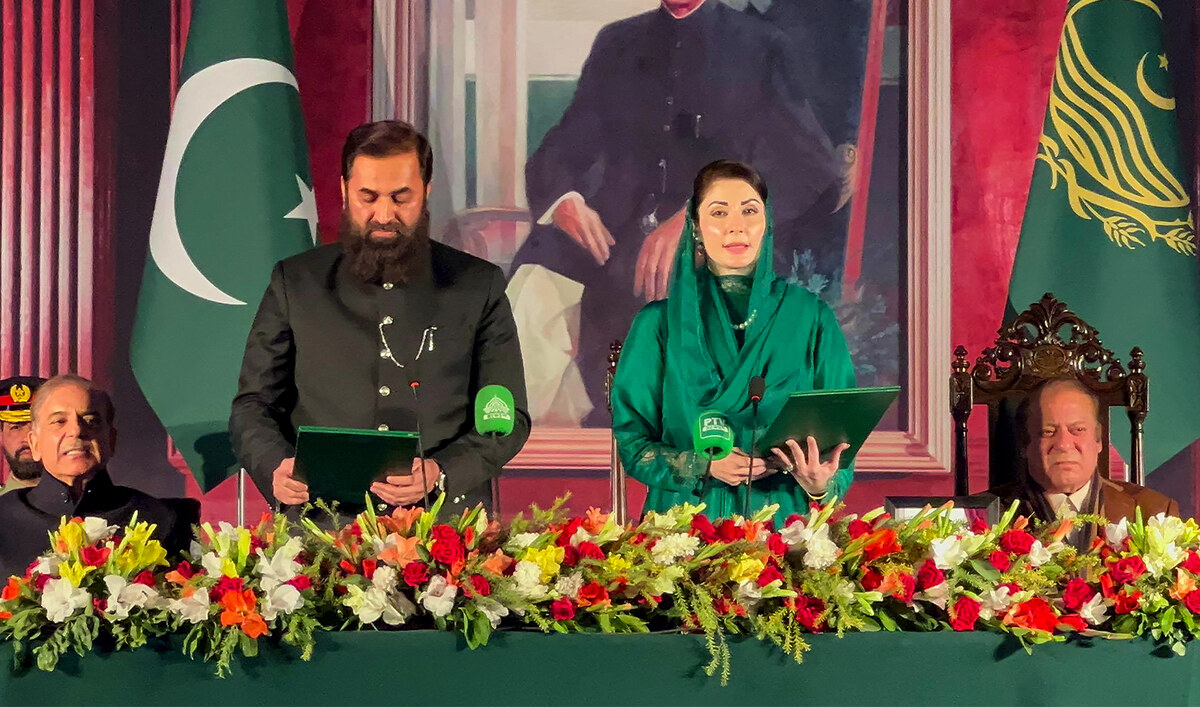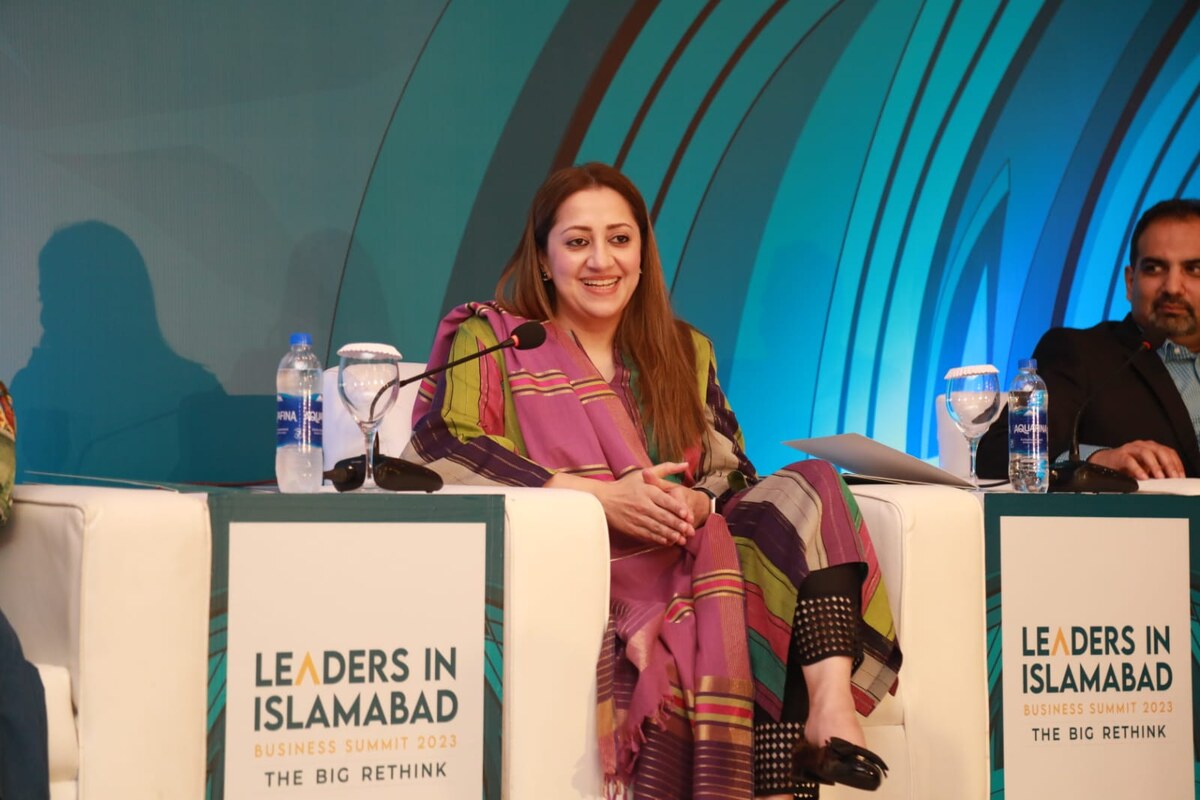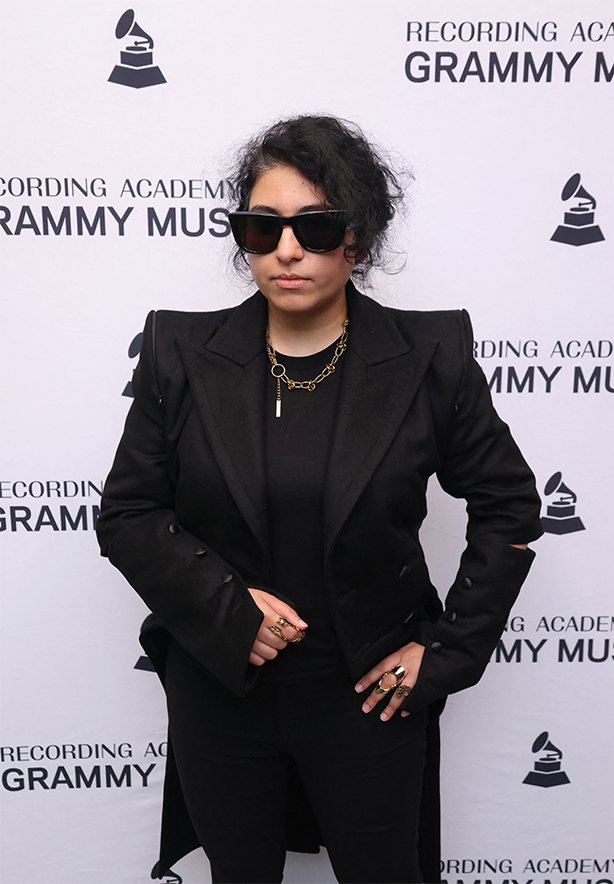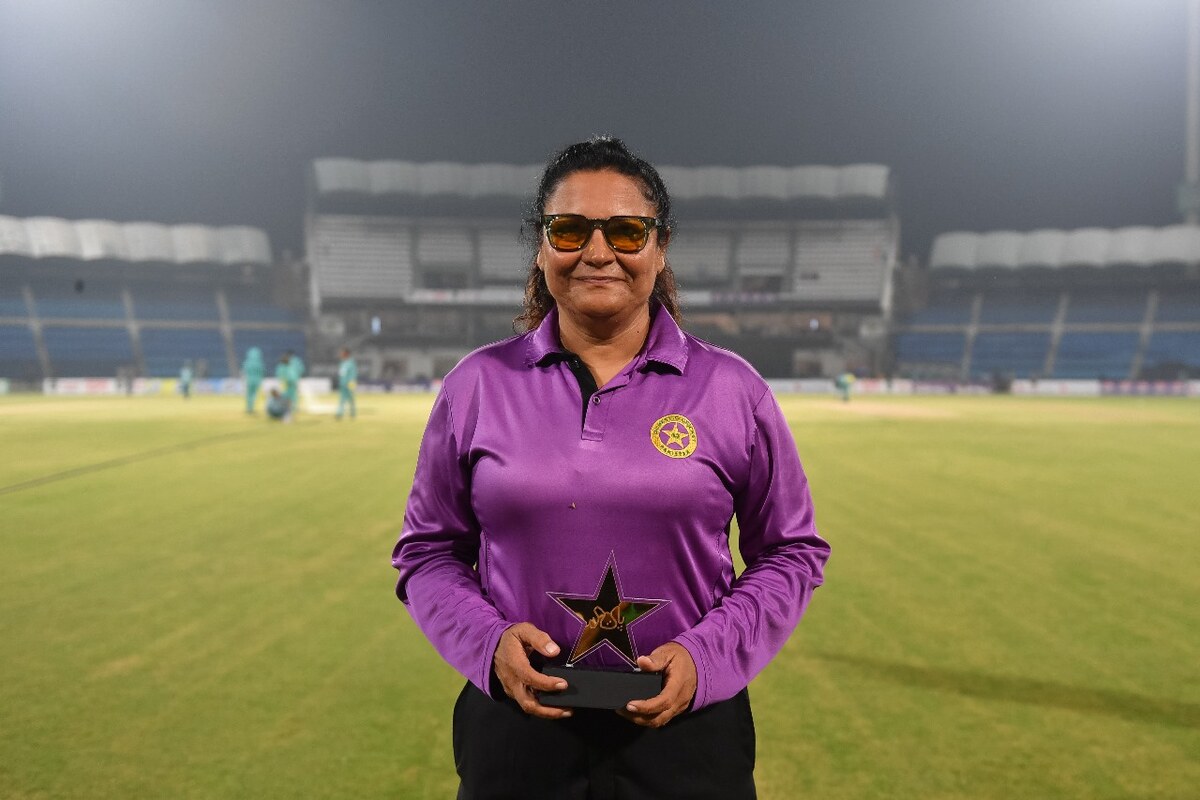ISLAMABAD: The Human Rights Commission of Pakistan (HRCP) has cautioned the country’s Senate against imposing curbs on social media platforms, days after a senator submitted a resolution in the parliament’s upper house, seeking a complete ban on them for “adversely affecting” the youth.
Pakistan Peoples Party (PPP) Senator Bahramand Khan Tangi last week submitted a resolution in parliament demanding a complete ban on Facebook, TikTok, Instagram and YouTube. The resolution, which according to local media reports will be taken up for discussion on Monday, said social media websites are being used to promote norms against Pakistan’s culture and Islam, and to create hatred among people “on the grounds of language and religion.”
Digital rights advocates have already expressed concern over the disruption of services of social media platform X, which has been down in the country since Feb. 17. The platform continues to remain inaccessible to millions of users after it went down on Feb. 17 during countrywide protests against alleged rigging in the country. Authorities remain tight-lipped about the ban, despite a high court’s order to restore the platform in Pakistan.
“The Human Rights Commission of Pakistan (HRCP) strongly opposes the proposed @SenatePakistan resolution seeking a ban on all social media,” HRCP Chairperson Asad Iqbal Butt said in a statement on Sunday. “And warns the members of the Upper House that any such ill-judged measures that violate people’s constitutional right to freedom of expression also represent an erosion of democracy.”
He said such a resolution is “nonsensical as it is impractical,” saying it was ironic that political parties, legislators, state institutions and government representatives were using Virtual Private Networks (VPNs) to access X since Feb. 17.
Butt pointed out that access to social media has enabled ordinary people to earn livelihoods, hold public office holders accountable and exchange information. “Any attempt to curb digital freedoms wholesale betrays a shocking ignorance of how modern democracies and economies function,” he added.
The HRCP chief called on Pakistan’s Senate to focus on genuine issues concerning the youth such as unemployment, access to education and rampant misogyny, rather than act as a “thought-police.”
The rights group said where social media is to be regulated to prevent hate speech and incitement against violence toward women and minorities and ethnicities, it must be done with transparency and the measures must be designed with the civil society’s consensus.
“HRCP calls on civil society and digital rights activists to mobilize against all efforts to impose such arbitrary curbs, including reports of a ban on all VPNs, and demands that X be restored immediately,” the statement concluded.
Before the latest blockade on X, Pakistan experienced multiple Internet disruptions in recent weeks that made social media platforms such as Facebook, YouTube, X and Instagram inaccessible. Recent occurrences were on Jan. 20, Jan. 7 and Dec. 17, when Khan’s PTI party was holding virtual events. The government had blamed those disruptions on “technical glitches.”
Such shutdowns have previously had a devastating impact on Pakistan’s economy. The day after former prime minister Imran Khan’s arrest in May last year, Reuters reported that point-of-sale transactions routed through Pakistan’s main digital payment systems fell by around 50 percent according to the region’s two largest payments system operators, 1LINK and Habib Bank Limited.
According to the Internet Society’s monitor Pulse, it is becoming an increasingly common tactic for governments to shut down the Internet on a national or sub-national level to either control civil unrest, stem the flow of misinformation, sway the results of general elections or to gain strategic advantages in territories with ongoing wars.






















